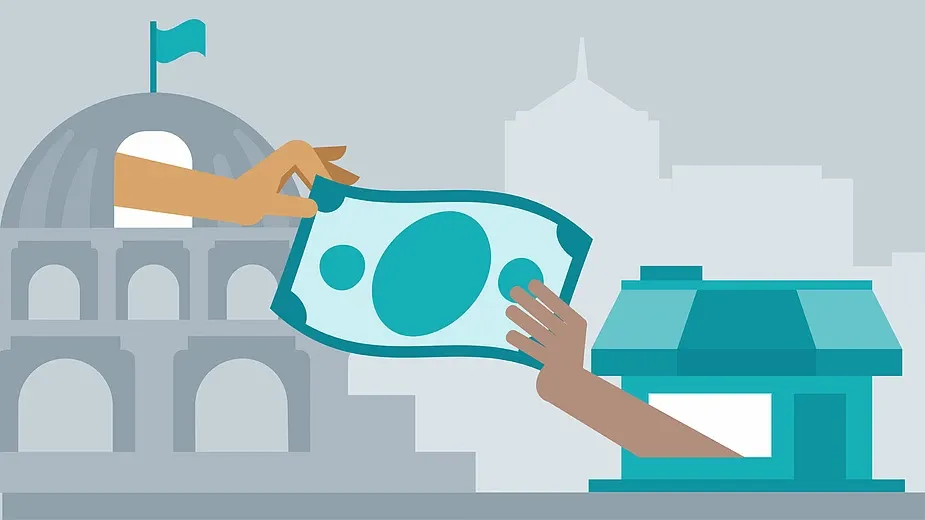The Importance of Taxation
Taxes, an annual subscription to modern society. Frustrated taxpayers are often caught wondering what the government has ever really done for them, or why they even have to pay taxes at all.

History, from the French Revolution to American democracy, showcases the constant struggle against tax oppression. The main thought that arises in almost everyone’s mind is what the repercussions would be if all citizens collectively decided against paying taxes.
Would such a movement be an evolution or a devolution? Would it lead to anarchy or utopia?
Taxes take on many forms. When you work at a job, you pay income taxes. Depending on how much money you make, a certain percentage of the money you make is withheld and sent to the government. Similarly, when you purchase materials from a store, you usually pay sales tax, which is a percentage of the cost of the item charged by the store.
Predictably, if you own property, you pay property tax. The government uses this revenue for public roads, free schools, policing, libraries, museums, energy and water supply, and the military. If people revolt against taxation, the government will either have to stop paying for the services or take debts until it goes bankrupt. The young and the old would be the most affected by this, with no pensions or public schools.
However, there is no denying the fact that high tax rates do not always lead to outstanding public service, which is why tax administration is of paramount importance. Arguably, with taxes, the governments in a democracy have an obligation to listen to the will of the people and respond accordingly. Without taxes, would there even be a government to uphold these laws? Where would the funds for public services come from?
Efficient tax administration can help expand the tax base by encouraging new businesses to get registered and help with the compliance of tax laws.
Many are of the opinion that eliminating income taxes is not an option. However, national economies such as Qatar and Monaco operate without income taxes. In Monaco, the majority of government revenue comes in the form of value-added taxes, sales tax, or tourism.

Singapore, on the other hand, has low-income taxes and instead levies higher taxes on things that lead to government expenditure like the use of roads and tunnels - and most importantly, on the purchase of cars. This also helps the Singaporean government to regulate congestion and the average cost of buying a car in Singapore is ten times more than that of the United States.
There are alternative forms of revenue as well, the strategic use of natural resources being the most important one. The government could always try to reduce the tax burden on its citizens and try to explore other sources of revenue.
People are often under the impression that it is their civic duty to keep society “going”, working under the assumption that they’ll benefit from government schemes and expenditure. But realistically speaking, having a fair chance of ending up in prison is motivation enough for people to pay their taxes on time.
In conclusion, it is the government’s job to realize when adjustment of taxation policies is necessary. Correction or adjustment in taxation levels is healthy for a society to properly evolve.
If you found this article, please share it: